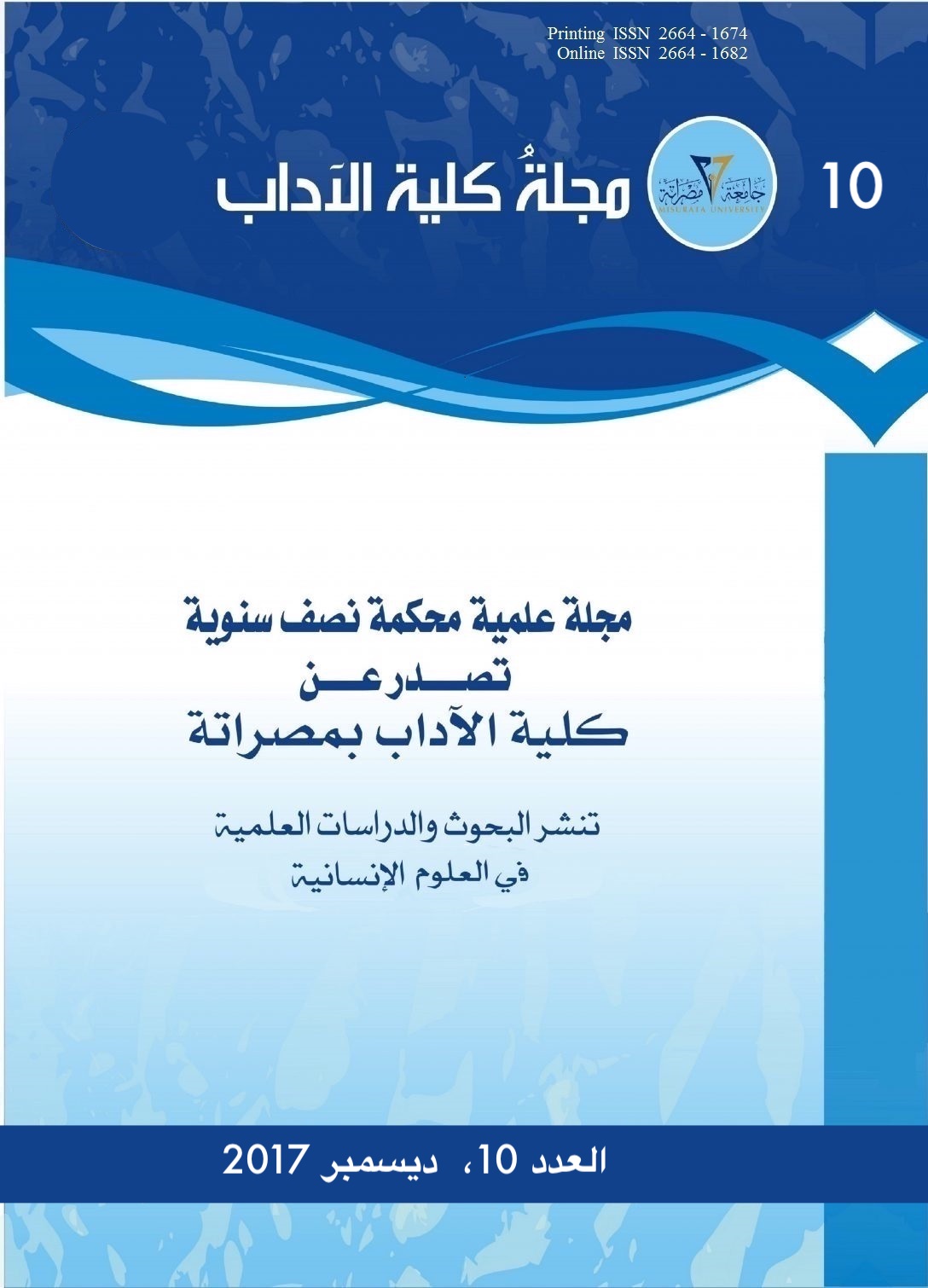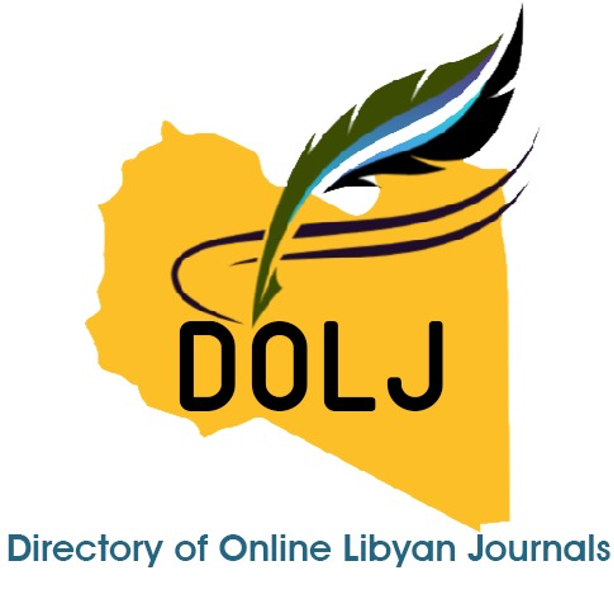جمال الدين الأفغاني وفكرة تأسيس الجامعة الإسلامية
DOI:
https://doi.org/10.36602/faj.2017.n10.04الكلمات المفتاحية:
جمال الدين الأفغاني، الفكر الإصلاحي، عبدالحميد الثاني، النهضة الإسلاميةالملخص
يتناول هذا البحث شخصيةً بارزة في التاريخ العربي والإسلامي الحديث، وهو السيد جمال الدين الأفغاني (1838م – 1897م)، الذي وُلد في قرية أسد آباد الأفغانية. كان للأفغاني دور ريادي في طرح أفكار إصلاحية هدفت إلى النهوض بحال المسلمين، وكان من أبرزها الدعوة إلى "الجامعة الإسلامية" بوصفها مشروعًا للوحدة بين الشعوب الإسلامية في مواجهة الاستعمار والتفكك.
وقد تضمن البحث ثلاثة محاور رئيسة؛ تناول المحور الأول السيرة الذاتية للأفغاني، من حيث مولده ونشأته ورحلاته الفكرية والسياسية، بالإضافة إلى التحديات التي واجهها في حياته. أما المحور الثاني فركز على فكرة الجامعة الإسلامية، حيث تتبع نشأتها، ودور السلطان عبد الحميد الثاني في تبنيها، وما تحقق منها من نتائج، إلى جانب العقبات التي حالت دون نجاحها الكامل، بينما استعرض المحور الثالث أبرز أفكار الأفغاني في الجانبين الديني والسياسي، وسلط الضوء على جهوده في إصدار جريدة "العروة الوثقى" وأهدافها الإصلاحية.
واختُتم البحث بعرض لأهم النتائج التي توصل إليها، والتي تؤكد على مكانة الأفغاني الفكرية وريادته في مشروع النهضة الإسلامية الحديثة.
التنزيلات
منشور
كيفية الاقتباس
إصدار
القسم
الرخصة
الحقوق الفكرية (c) 2017 عبدالحكيم صالح غيث أحمد

هذا العمل مرخص بموجب Creative Commons Attribution 4.0 International License.
جميع الأعمال المنشورة في هذه المجلة مرخّصة بموجب رخصة المشاع الإبداعي – النَسب 4.0 الدولية (CC BY 4.0)، والتي تتيح استخدام المحتوى، ومشاركته، وتعديله، وإعادة توزيعه لأي غرض، بما في ذلك الأغراض التجارية، شريطة الإشارة المناسبة إلى المؤلف الأصلي والمصدر، وتوفير رابط للترخيص، وبيان ما إذا كانت قد طرأت تعديلات على العمل

















